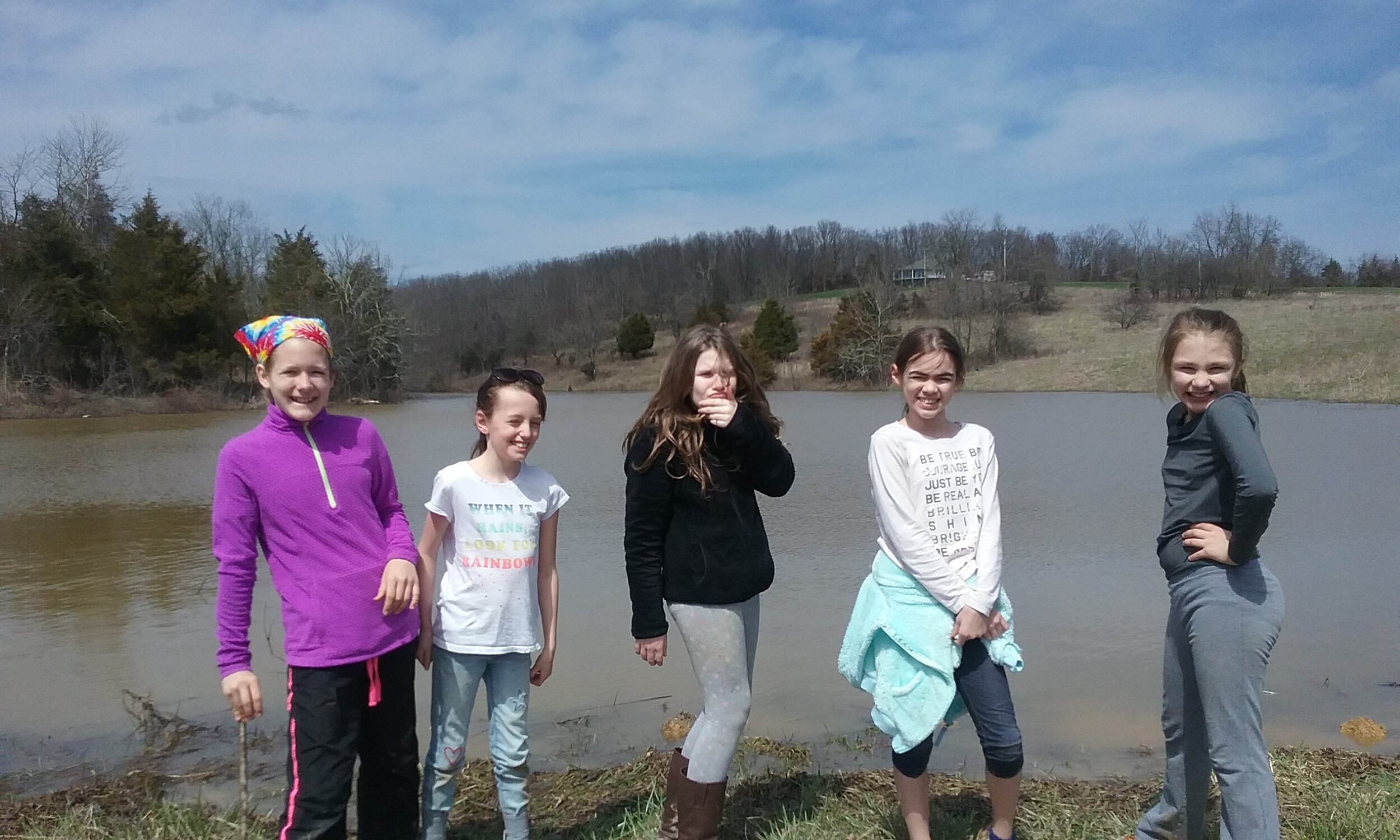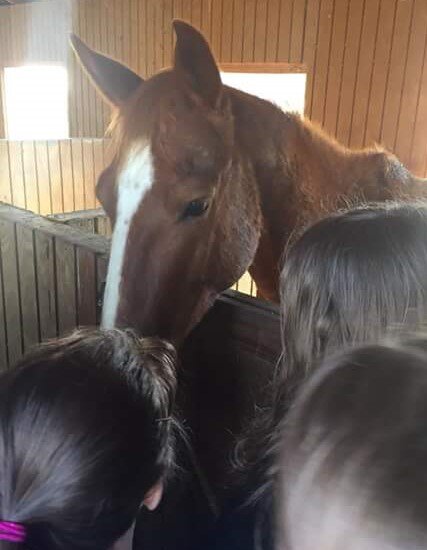Updated July 29, 2022 by Ame Vanorio
Forest Schools teach children through the natural exploration of their community. Using a hands-on methodology they explore, observe, and discover the natural ecosystems around them.
Not only do Forest Schools help children learn academically they encourage good physical health and mental well-being.
How Will Future Generations Care For Our Planet?
Forest Schools and Nature-based educational programs around the world are on a mission to reconnect our children to the natural world.
How do we expect our children to take care of our planet or to fight for our planet if they have never gotten the chance to get to know our planet?
The nature-child disconnect is not only dangerous for our planet, but it could lead to disastrous consequences for our children. Richard Louv coined this term when he published his quintessential book The Last Child in the Woods.
A must read book for parents and teachers or anyone concerned with nature deficit in our children
So What Exactly is a Forest School?
In recent years, teachers, parents, and school boards have been researching new approaches to education, especially in early learning programs. Although originating in Europe, Forest Schools and Nature-based learning programs are a growing trend in many U.S. states.
Forest Schools, Nature Preschools, and Forest Kindergartens are often privately held programs that spend anywhere from 80 to 90 percent of their school day outside in natural areas.
Find a Free Forest Play Group
Several public schools are experimenting with modified programs such as Forest Fridays and are incorporating “green” focused curriculum into their educational institutions.
At the Ottauquechee School in Quechee, Vermont students go out every Friday to spend the day in the woods. Their teachers integrate math, reading, and science into the nature based activities.
Science outside! Farmer Ame teaching a class on Watersheds with assistant teacher, Thomas. Photo by Ame Vanorio
This concept has also been embraced by non-profits, such as the Free Forest School. This organization supports community or parent-led groups to “open doors to nature play for children everywhere by empowering the adults in their lives.”
The saying goes: there is no such thing as bad weather, only bad clothing. Forest Schools operate in all weather types-- rain, snow, or sunshine! Different forms of weather make for new ways to explore and learn.
Nature education programs are not just for people living in suburban or rural areas. Many major cities have found ways to incorporate nature schools in urban settings. Places such as Chicago, which have a nature preschool established at the Chicago Botanic Garden!
From Forest Fridays to full-time outdoor classrooms, each program shares a unique approach to education. They provide natural spaces and unstructured play so children can lead their own education.
There are places where your child's imagination could run wild? Places filled with mud, tools, and plenty of opportunities for imaginative and adventuresome play.
Check out our article on some fun winter activities!
How Forest Schools Benefit Children
Nature helps children develop intellectually, emotionally, socially, spiritually, and physically.
Learning comes from exploration and discovery, as well as direct experiences with our environment. What better way to learn than through the greatest teacher we know--nature!
It's not only about what nature can teach children-- it’s about what children can teach themselves through nature.
There are important developmental domains young children should be learning and improving throughout their growth, and it seems nature-based and forest schools can deliver high-quality education that nurtures the whole child.
What If There Are No Forest Schools Near Me?
Join a BioBlitz to have a fun outdoor learning experience
Make one day a week or one day a month outdoor family day
Read our article on Forest Bathing for a mindful experience walking in the woods.
Look into outdoor nature programs at local parks
Check out this great video featuring Forest School programs in public and private schools in Tennessee and Georgia
Physical Benefit
The physical benefits to forest schools and nature-based programs are the most obvious. Natural landscapes are full of nature-made obstacles, uneven ground, and room to explore.
Being active decreases the chances of childhood obesity and other health-related issues. Whereas, hand manipulation, such as digging and building, helps develop fine motor skills.
Intellectual Benefit
Many parents worry that their children are not able to achieve academic milestones by just playing outside. On the contrary, there are several educational opportunities to be had in nature.
You can teach math by counting and sorting natural materials. Develop reading skills by writing in the mud with sticks-- or forming rocks into words. Observing wildlife, such as raccoons or turtles are great ways to dive into investigative sciences. GET CREATIVE!
Check out our wildlife blog!
Social-Emotional Benefit
Connecting with the natural world has been known to reduce stress, anger, and aggressive behavior. The social-emotional elements of many nature-based and forest schools have been said to boost confidence and increase self-esteem for children.
Challenges
Licensing
Progressive ideas like forest school programs are never short of challenges. One major challenge for forest schools is state licensing. State licensing follows regulations that are mainly conducive to indoor environments. Therefore, many outdoor programs do not meet typical standards.
Economic Equity
The biggest and most important challenge to overcome in the forest school and nature-based program community is the economic gap. Right now many forest programs are unable to reach children in the lower-income bracket.
Nature is not an amenity nor a luxury, but a necessity, and should be made available to all. Educators and environmentalists are looking for more ways to make forest schools and nature-based programs inclusive for children no matter what economic status they come from.
Below: Girl Scouts working on Arrow badge and enjoying time at Fox Run EEC
Why It All Matters
Planet Earth needs us. She needs us to appreciate her and more importantly, she needs us to take care of her, just as she cares for us.
Forest Schools and Nature-based programs alike are producing new generations of environmental stewardesses. Generations that will not only care about our planet but take action in sustaining and bettering the only planet we have. Much of this will stem from the relationship formed with nature, by being in nature.
Nature provides important elements in leading happy and successful lives. Children are losing crucial developmental foundations because of the lack of time spent outside. Forest Schools and nature-based programs are helping to ensure future generations are able to thrive in a world where nature is a necessity and not just a luxury.
Guest Author, Kierra Preston is a business owner, pre-school teacher and freelance writer. She enjoys spending time outside and trying new things. Born in the suburbs of Chicago, IL, she has recently relocated to Austin, Texas with her significant other and their two cats.







Sustainable clothing is made from natural fabrics that have not been treated with chemicals, contributed to deforestation, water pollution, or inhumane animal practices.
Sustainable clothing is also referred to as eco-friendly wear, slow fashion, or conscious fashion. Buying sustainable eco-friendly clothing is about making decisions that benefit the planet.